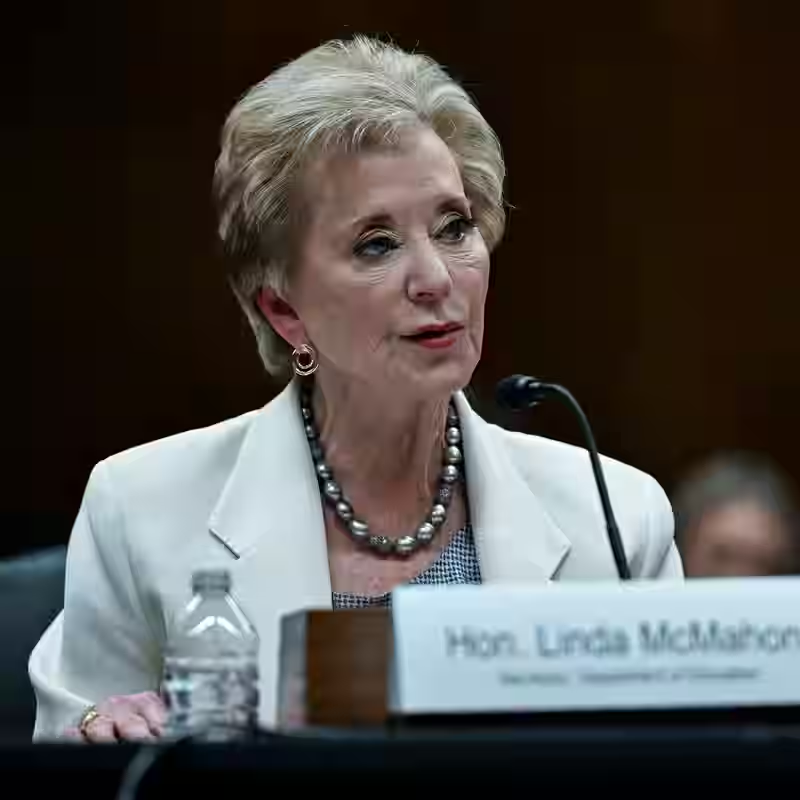Colleges Face Ultimatum: Pledge Loyalty to Trump Agenda or Risk Federal Funds
In a sweeping move that has reignited debates over academic freedom and federal overreach, the Trump administration has sent a 10-page “compact” to nine of the nation’s most prestigious universities—demanding they adopt sweeping policy changes in exchange for preferential access to federal research funding.

What’s in the Compact?
The agreement, signed by Education Secretary Linda McMahon and top White House officials, outlines a series of non-negotiable conditions:
- Ban race and sex considerations in admissions and hiring
- Freeze tuition for five years to curb rising college costs
- Cap international student enrollment to prioritize domestic applicants
- Adopt strict binary definitions of gender across campus policies
- Restructure governance to protect “conservative ideas” from alleged discrimination
Targeted Universities
| Institution | Type | Annual Federal Research Funding (Est.) |
|---|---|---|
| Massachusetts Institute of Technology | Private | $850M+ |
| University of Pennsylvania | Private | $720M |
| University of Texas | Public | $680M |
| Brown University | Private | $410M |
| Dartmouth College | Private | $320M |
| Vanderbilt University | Private | $290M |
| University of Southern California | Private | $480M |
| University of Arizona | Public | $390M |
| University of Virginia | Public | $450M |
What’s at Stake?
Colleges that sign the compact would receive “multiple positive benefits,” including:
- Priority access to competitive federal grants
- Looser caps on overhead reimbursement rates
- Expedited clearance from ongoing civil rights investigations
Those that refuse could face continued funding freezes—part of a broader campaign the administration has waged since early 2025 to reshape higher education policy.
Backlash and Legal Questions
Critics argue the compact blurs the line between policy and coercion. “This isn’t collaboration—it’s conditionality with political strings,” said [INTERNAL_LINK:academic-freedom] legal scholar Dr. Elena Ruiz of Georgetown University. Others warn it may violate the First Amendment or Title VI of the Civil Rights Act.
University leaders are expected to respond by November 15, 2025.
Sources
- The New York Times: “Trump Administration Asks Colleges to Sign ‘Compact’ to Get Funding Preference”
- U.S. Department of Education – Federal Research Funding Database (2025)
- White House Domestic Policy Council – “Higher Education Compact” (October 2025)




